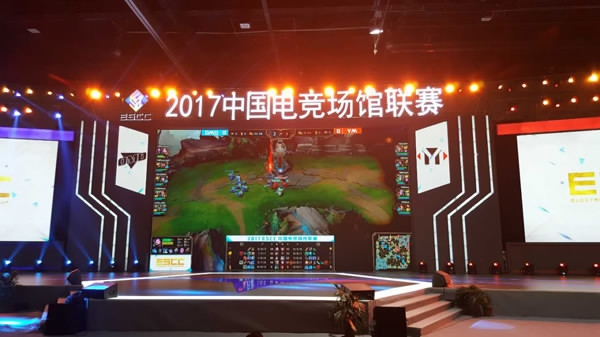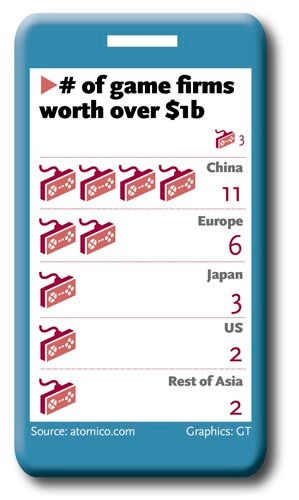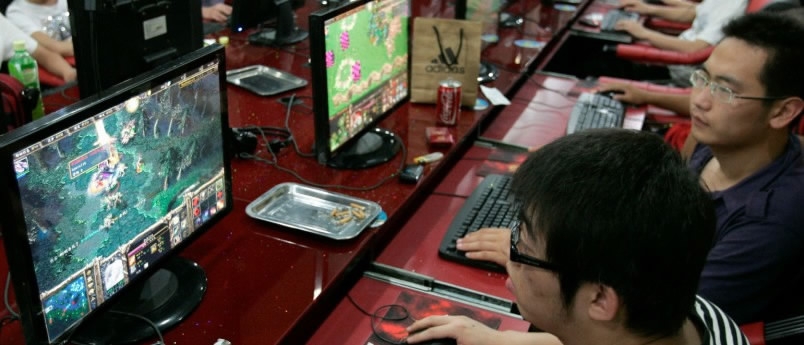China has taken over the US to become the “gamer capital of the world” in terms of market size, according to a report by London-based technology investment firm Atomico.
Last year, the annual revenue from games exceeded for the first time the 100 billion US dollars mark, reaching 101.1 billion US dollars in market value with China accounting to a quarter of the total.
China's 600 million gamers generated 167.6 billion yuan or 24.6 billion US dollars in 2016 compared to 164.2 billion yuan in the US or 24.1 billion US dollars.

VCG Photo
The ubiquity of mobile devices contributed to China's performance, as encountering people with their head buried in their smartphone has become a common sight on the streets, in restaurants, in queues at bakeries and banks, at subway stations and anywhere public and private.
The report has shown that one of the biggest contributors to China's gaming industry is mobile gaming, which is projected to generate 42 percent of all gaming revenue in the country this year.

VCG Photo
Tencent, the company behind WeChat, China's most popular instant messaging service, is now the largest gaming company in the world, according to the report.
The Chinese tech giant earned a revenue of 70 billion yuan (10.3 billion US dollars) in 2016 from online games – both on PC and smartphones, eclipsing Sony.
The report also said that China's Internet sector has entered an entertainment golden age.
"People's demand for online and mobile games is strong in China, even at a time the economy is gloomy," said Ma Jihua, analyst with Beijing Daojing Consultancy.

VCG Photo
Some 93 percent of all money spent by Chinese gamers is directed towards titles developed by Chinese companies, the report noted. But despite success at home, Chinese gaming companies, such as Tencent, still find it hard to compete with international counterparts in the video game consoles segment, Ma said.
Foreign gaming companies are competing to break into the Chinese market but so far it has proven to be a mission impossible.
"You probably need a local partner and localize the game more than just the language," Temmu Huuhtanen, CEO of Next Games said.
"You're better off working with a Chinese partner and really taking the time to localize the game for their specific market.”







